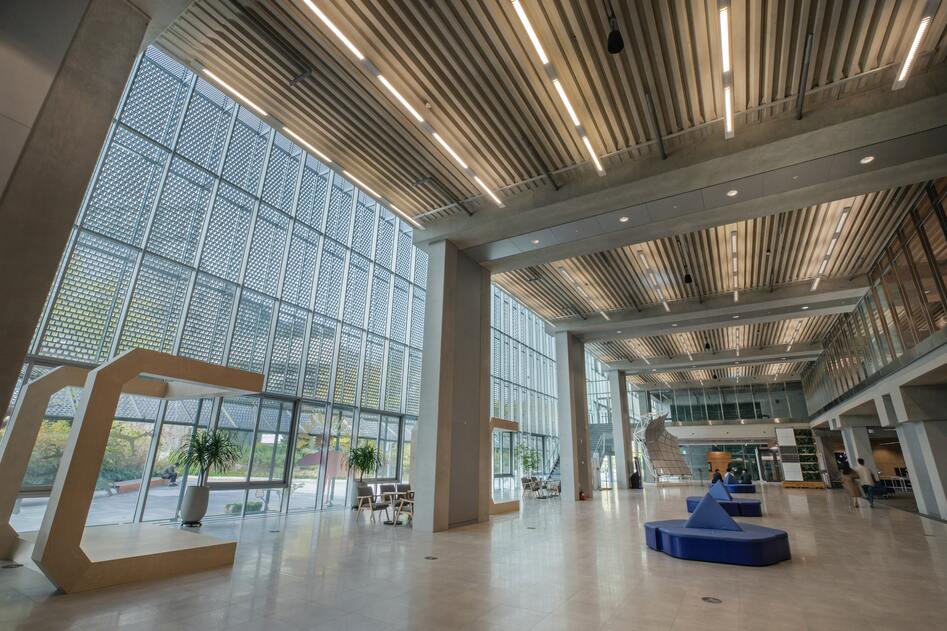According to the 2020 Buildings Global Status Report, electricity consumption in building operations represents about 55% of global electricity consumption. In the backdrop of conscious consumption of electricity and natural resources, smart lighting systems are being increasingly adopted to ensure energy efficiency and sustainable usage. The innovative modern systems are smart enough to adjust lighting based on requirements and reduce overall energy consumption.
The modern lighting systems use intelligent light engines that have capabilities to analyze natural lighting levels and accordingly adjust the lighting within the room/building to ensure better visual comfort besides saving electricity. Similar to lighting, smart environment control systems use thermostat indicators to adjust thermal comfort based on the environment. The sensors are used to monitor various parameters like temperature, humidity, occupancy, etc and the data is then used to tweak the level of each component for optimized comfort.
Smart Lighting & Environmental Control Systems
Smart lighting systems are intuitive and intelligent systems that automatically adjust the illumination level and modulate the quality of light as per the requirement. The new-age occupancy sensors automatically turn off lights depending on occupancy, in unoccupied spaces the lights are automatically turned off to optimize energy costs and waste. Such human-centric lighting not only ensures efficient use of energy but also promotes occupants’ well-being, mood, and health.
In addition to smart lighting systems, emphasis is being laid on advanced environmental control systems in the buildings. Controlled air quality is one such smart environmental control system where the air quality is monitored and measured to ensure 100% safety by keeping CO2, TCOV, and other harmful gases under control in all environments. Sensor-driven control of air quality and exchange also assures improved ventilation systems within the buildings.

The modern lighting & environmental control systems use emerging technologies like AI/ML, IoT, and advanced analytics to enable better control and automation avenues for managing comfort and ensuring efficiency within the buildings thereby making the occupant experience better.
Benefits Of Smart Lighting & Environmental Control Systems
There are several benefits of smart lighting systems, the most significant being energy efficiency. The traditional lighting systems especially in commercial spaces have not been thoughtfully designed hence causing wastage of energy. However, automated lighting systems that work on occupancy monitoring efficiently use energy only when it is required to reduce any wastage. Besides this, the smart lighting and environment systems also help in reducing carbon emissions, optimizing costs, and improving the health of the occupants. With smart energy consumption, the modern systems make sure that the occupants of new-age built work get the best building experience and an environment that keeps the occupants’ health first.

At nhance, we create a building environment that is energy-efficient, automated, and intelligent by bringing leading-edge technologies in unison. We create spaces that are intelligent and have optimal environmental conditions that are automatically controlled to give offer the best occupancy experience. To know more visit nhance.ai or contact us here.








